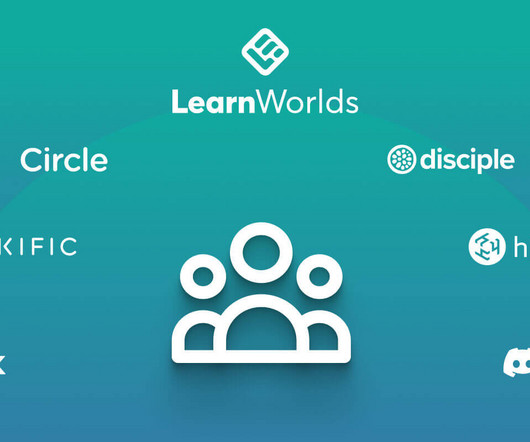Competency-Based Training: The Ultimate Guide to Building a Skilled Workforce
Ninja Tropic
APRIL 2, 2025
This results in a highly competent team with practical expertise. Competency-Based Training Examples CBT can be applied in various industries and job roles. This builds a sense of community and reinforces learning through shared experiences. Q: Can Competency-Based Training Be Applied to All Industries?























































Let's personalize your content